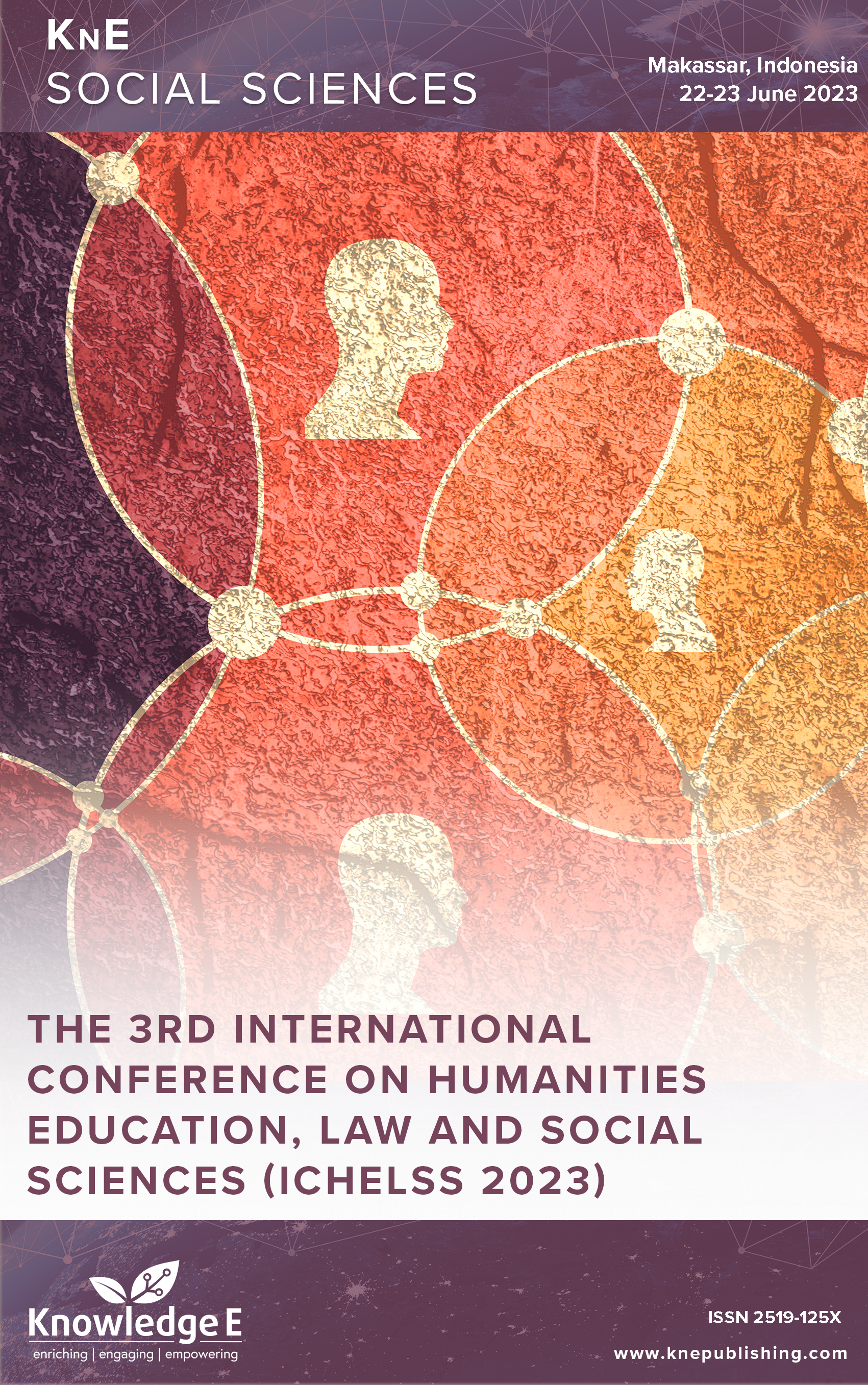The Level of Sustainability of PNPM-MP Achievements in the Community in Gowa Regency
DOI:
https://doi.org/10.18502/kss.v9i2.14939Abstract
It is hoped that the government’s efforts to carry out development with an emphasis on community empowerment will revive the spirit of togetherness and mutual cooperation which is increasingly being eroded by cities. The purpose of this study was to determine the level of sustainability of PNPM-MP achievement in the people of Gowa Regency. This research is a case study with a descriptive research type, namely to provide a comprehensive picture of the level and benefits of community participation through PNPM-MP in the implementation of the Development Program in Gowa Regency at each stage in the process mechanism of PNPM- MP activities. MP that has been going on. The results of the study show that the level of achievement of sustainability program has been carried out according to its objectives, with indications that (a) the community actively maintains facilities and infrastructure by providing personnel and material support according to available local capabilities, (b) program maintenance still refers to the learning outcomes of PNPM- MP through the PNPM-MP Implementation Manual, (c) local government appeals and norms and rules result from community agreements in deliberation forums.
Keywords: sustainability level, government, development, community, empowerment
References
Abdullah MS. Development and application of implementation studies, in the report of the gathering on the study of the position and role of administrative and management science in development. Jakarta: Institute of State Administration; 1988.
Mardiasmo. Akuntansi sektor publik. Yogyakarta: Andi Yogyakarta; 2009.
Mardiasmo. Pengawasan, pengendalian dan pemeriksaan kinerja pemerintah daerah dalam pelaksa-naan otonomi daerah. Jogjakarta: ANDI; 2001.
Coombs PH. Meheting the basic needs of the rural poor the integrated communitybased approach. New York: Pergamon Press; 1980.
Goggin, Malcolm L. Implementation theory and practice, toward a third generation. New York: Scott, Foresman and Company; 2015.
Indrawijaya AI. Teori, perilaku, dan budaya organisasi. Bandung: Refika Aditama; 2010.
Indrawanto P. Pengembangan sumber daya manusia. Jakarta: Pustaka Jaya; 2000.
Jackson JH, Morgan CP. dan Paolillo J. Organization theory, A macro perspective for management. USA: Prentice-Hall Inc.; 1978.
Zainal H, Guntur M, Rakib M, Farwita S. Human resource development strategy through. Education + Training. 2018;3:26–30.
Lant TK, Baum JA. Cognitive sources of socially constructed competitive groups: Examples from the Manhattan hotel industry. 2013;15:38.
Sugiyono PD. Metode penelitian pendidikan. Pendekatan Kuantitatif. Bogor: Alfabeta; 2010.
Jonathan. S. Metode penelitian kuantitatif dan kualitatif. Yogyakarta: Graha Ilmu; 2006.
Asrawi M. VAJM and PCW. The effect of urban independent community empowerment national program (PNPM) on poverty level in Kotamobagu city. Periodical Journal of Scientific Efficiency. 2015:15.
Nur IP. The influence of the PNPM Mandiri government program (National Program for Independent Community Empowerment) on the improvement of the living standards of communities in the ddistrict of Sangatta Utara, East Kutai District. Government Journal E-Journal. 2015:3.
Setiyono Budi. Birokrasi dalam Perspektif Politik dan Administrasi. Bandung: Nuansa; 2012

